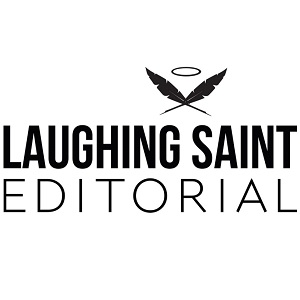Not long ago, a prospective client asked me about what he -- a man in his 60s completing a degree program -- could do to remedy his poor writing. As a former university writing director and composition teacher, I've got a few answers to that question:
Everyone thinks he or she is a terrible writer. He or she is (usually) wrong. What's happened is probably some combination of the following:
- Having been the student of untrained teachers of writing (e.g., people who think they know The Rules and that Good Writing = Rule-Based Writing). Let's say your English, history, or psychology professor gives you an assignment with a large writing component, but writing wasn't the main point of the assignment (maybe it was instead to explicate a play, to discuss the significance of Ceasar's crossing of the Rubicon, or to write a meta-analysis of common depression treatments). If you lose a letter grade or more on that assignment any academic work that isn't intended to test and evaluate your use of grammar, usage, punctuation, and other rules and customs pertaining to writing, then your writing teacher is untrained according to contemporary composition-studies best practices. He or she is likely to make you think that you're a "bad writer" because you didn't follow his or her idea of what counts as "good writing." It's a common problem.
- Having worked or lived with what I sometimes think of as "false prophets": people who claim to have The Answers about what counts as "good writing," but unfortunately these folks haven't realized that G-d has yet to hand down the tablets of writing standards. Beware the false prophets: they live among you. You can usually tell them by their opinions, which are loud and voluminous.
So, what was my advice to my prospective client? That's easy! Just about anyone can do any one of these things in any proportion and see some improvement:
- Buy a college-level writing handbook (you know, the one you sold back to your bookstore but should have kept around as a handy resource). Get one with exercises. I recommend The Everyday Writer by Andrea Lunsford. You can get older editions used for pocket change. Read a chapter a week (no, really; read the full text of the chapters, not just the examples and such). Do the exercises (the answers will be in the back). Then set it aside for a few months or even a year and do it again. It's even better if you're doing this with someone else, because your responses to the writing and style (as opposed to the grammar and punctuation) exercises will be different in interesting ways.
- Read a book about style written by a professional fiction or non-fiction writer. The one that changed my life was William Zinsser's On Writing Well, but there are many good ones, including one by the same title written by Stephen King.
- Write privately every day or so. Start a private blog. Keep a journal. You'll want to practice your newfound skills in a risk-free environment.
- Optional, for the truly serious: hire a writing tutor (I can help you with that) and ask that person to review your writing and give you feedback. Just be sure that person is doing more than just making corrections for you. That person should be pointing out problems and progress; the problems should be there for you to fix and improve upon, not opportunities for the tutor to become your copyeditor and fix herself.
Anyone can improve his or her writing. It's important to remember that there is no ultimate standard for what counts as good writing, and even the best writers can continue to improve and learn about writing and language. Kudos to you if you're thinking about improving your writing skills! If there's anything I can do to help, don't hesitate to contact me.
